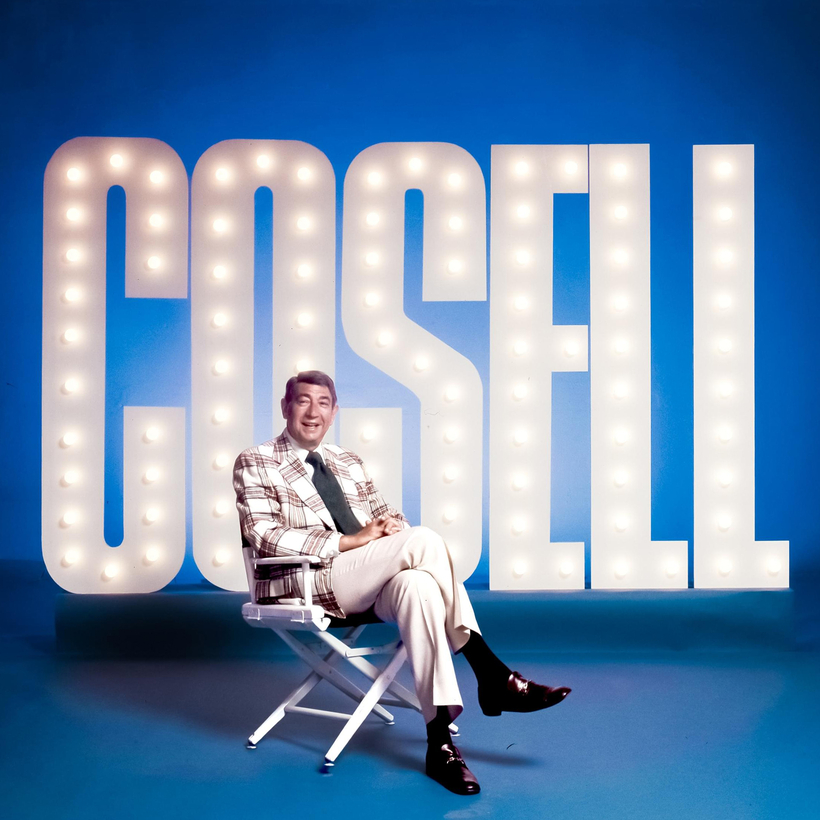Fifty years ago, in September 1975, Saturday Night Live debuted on network television. Not the Lorne Michaels version, originally called NBC’s Saturday Night, which would premiere the following month, but rather the Howard Cosell one, a short-lived variety show that’s since disappeared into oblivion. It deserves to be remembered, however, if only as one of the worst shows in TV history.
According to series writer Robert Lipsyte, Saturday Night Live with Howard Cosell was so unbearable that viewers not only turned off their own televisions but went next door to switch off their neighbors’ too. Executive producer Roone Arledge ordered all 18 episodes burned, in hopes that any memory of the series would drift away with the remaining ashes. If not for producer Rupert Hitzig having trademarked the name Saturday Night Live, and selling it to NBC for S.N.L.’s second season, Arledge might have succeeded in erasing all remnants. (Side note: S.N.L.’s cold open had to use “Live from New York it’s Saturday Night” because of Cosell’s show that was still running and Hitzig’s trademark.)

